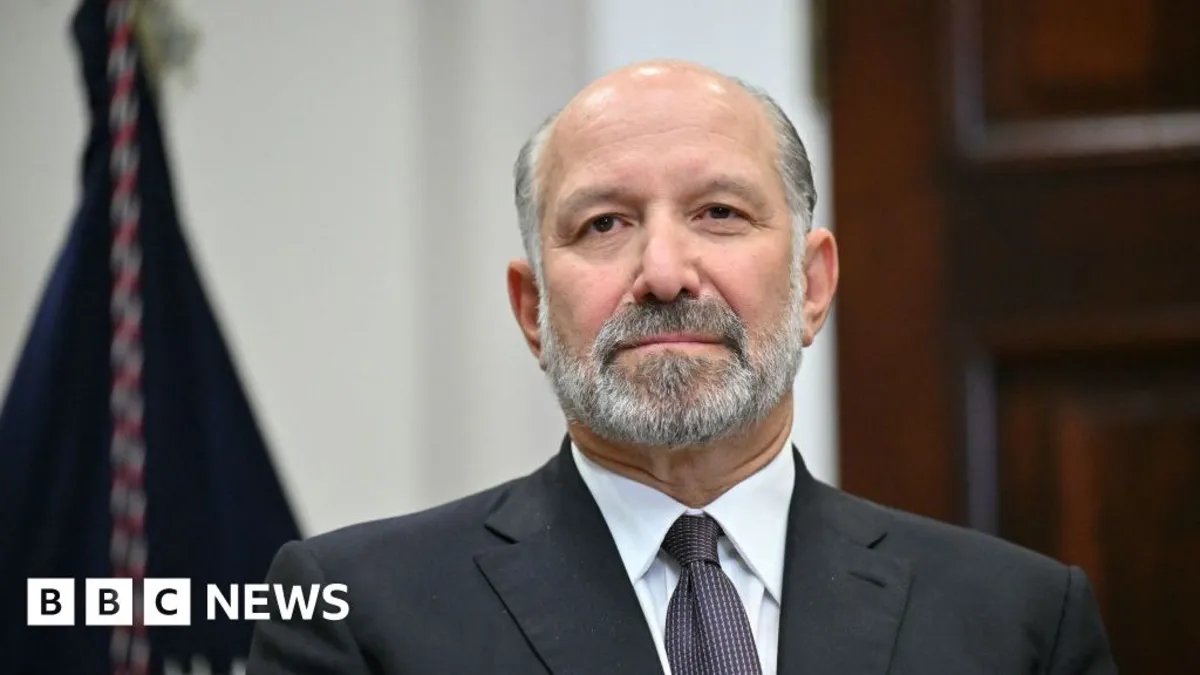
The US Commerce Secretary, Howard Lutnick, has publicly defended the controversial decision to impose tariffs on a group of uninhabited islands known as the Heard and McDonald Islands, which are home only to penguins and seals. During an interview with CBS, Lutnick explained that the tariffs were intended to close what he described as "ridiculous loopholes" that allow other countries to use these isolated islands as a transit point to reach the US market.
Authorities in Australia expressed surprise upon learning about the tariffs affecting the Heard and McDonald Islands, located approximately 4,000 kilometers (2,485 miles) from the Australian mainland. Australia's Trade Minister, Don Farrell, commented to ABC that the imposition of these tariffs seemed to be a clear mistake, suggesting that the decision-making process was rushed. Farrell’s remarks highlight the unexpected nature of these tariffs and the confusion surrounding their implementation.
When questioned about the inclusion of this Australian territory on Trump's tariffs list, Lutnick defended the government's actions by stating, “If you leave anything off the list, the countries that try to basically arbitrage America go through those countries to us.” He emphasized that the President is aware of these tactics and is determined to address them effectively.
Lutnick's interview is part of a broader series of statements from US officials aimed at justifying the new tariffs following a significant decline in all three major stock indexes in the US, which plummeted more than 5% last Friday. This marked the worst week for the US stock market since 2020. The decision to impose tariffs reflects a growing concern about transshipment practices in global trade, where goods are transported through one port to another. While this method is common, it can also facilitate illicit activities by enabling bad actors to obscure shipping data.
The Pew Charitable Trusts, a public policy organization, has raised alarms about the extent of illegal transshipment, estimating that hundreds of millions of dollars worth of tuna and similar species are illegally moved through this practice in the western and central Pacific each year. This underscores the importance of monitoring and regulating trade routes, even those involving remote territories like the Heard and McDonald Islands.
Despite the tariffs, obtaining a clear picture of imports from the Heard and McDonald Islands to the US remains challenging. According to export data from the World Bank, the islands have historically exported only a small volume of products to the US. In 2022, however, the US imported approximately US$1.4 million (A$2.23 million) from the territory, predominantly consisting of unnamed machinery and electrical products.
It is worth noting that the British Indian Ocean Territory, which is exclusively occupied by military personnel and requires a special permit for visitation, was also included on Trump’s tariffs list. Export data from the World Bank indicates that this territory exported US$414,350 worth of goods to the US in 2022, further complicating the narrative surrounding these tariffs.
As the situation unfolds, it remains to be seen how these tariffs will affect trade dynamics and relations between the US and its allies, particularly Australia.